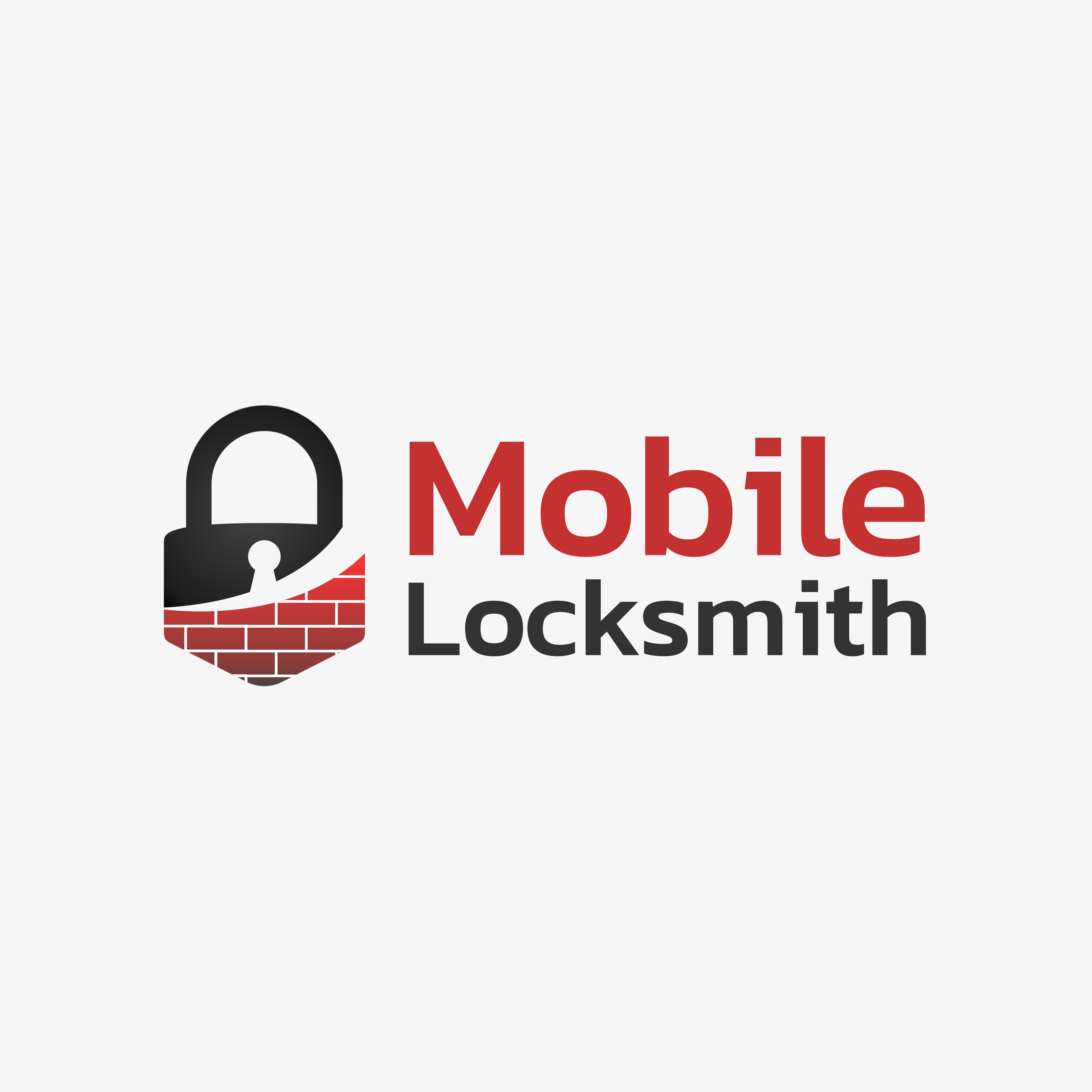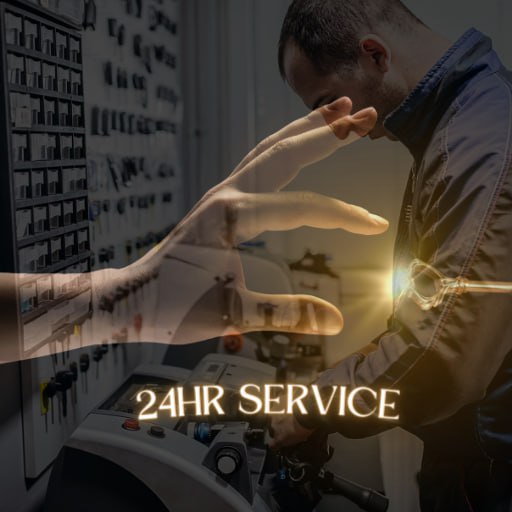Welcome to an in-depth exploration of locks and security! In this article, we will delve into the various types of locks available today, their uses, strengths, and weaknesses. Whether you're a homeowner looking to improve your security or simply curious about how different locks function, this guide will provide you with valuable insights. With the expertise of your local Wallsend locksmith, you can enhance your understanding and better secure your space.
Understanding Locks: A Brief Overview
Locks have been around for centuries, evolving from simple mechanisms to complex systems designed for enhanced security. They serve as a barrier against unauthorized access and are crucial in safeguarding our homes, businesses, and vehicles. But what exactly makes a lock secure?
How Do Locks Work?
At its core, a lock operates on the principle of restricting access through mechanical or electronic means. Most traditional locks use a key mechanism that matches specific tumblers or pins inside the lock, allowing it to open only when the correct key is inserted. On the other hand, electronic locks may utilize keypads, biometrics, or smartphone applications.

Why You Should Consult Your Local Wallsend Locksmith
Consulting with experienced locksmiths in Wallsend can provide you with tailored advice on which type of lock suits your needs best. They can assess your property and recommend solutions that enhance security while also considering budget constraints.

Exploring the Different Types of Locks with Your Local Wallsend Locksmith
When it comes to locks, there are locksmiths wallsend numerous types available. Understanding each type's functionality will help you choose the right one for your situation. Here’s an extensive overview:
1. Deadbolt Locks: The Gold Standard in Security
Deadbolt locks are often regarded as one of the most secure options for residential doors. Unlike spring bolt locks that can be easily manipulated, deadbolts require a key for locking and unlocking.
1.1 Single Cylinder vs. Double Cylinder Deadbolts
- Single Cylinder Deadbolt: Operated by a key on the outside and a thumb turn on the inside. Double Cylinder Deadbolt: Requires a key to operate from both sides and is ideal for doors near windows.
2. Knob Locks: Basic Yet Popular
Knob locks are commonly found on residential doors but offer less security than deadbolts. They're best used in combination with another locking mechanism.
Benefits of Knob Locks
- Easy to install Affordable Available in various designs
3. Lever Handle Locks: Accessibility Meets Security
Lever handle locks are often used in commercial settings because they are easier to operate than knob locks—especially for individuals with disabilities.
Types of Lever Handle Locks
- Classroom Function: Requires a key to unlock from outside but allows free exit. Storeroom Function: Always locked; requires a key for entry from outside.
4. Electronic Locks: The Future of Security
With advancements in technology, electronic locks have gained popularity due to their convenience and high-tech features.
4.1 Keypad Entry Systems
These systems allow users to enter codes instead of using keys, making them ideal for homes and businesses alike.
4.2 Smart Locks
Smart locks can be controlled through smartphones or apps, providing remote access capabilities.
5. Padlocks: Versatile Protection
Padlocks are portable locking devices that come in various sizes and strengths—perfect for gates, sheds, lockers, or securing items temporarily.
5.1 Combination vs. Keyed Padlocks
- Combination Padlocks: Require a numerical code. Keyed Padlocks: Opened with a traditional key.
6. Mortise Locks: High Security for Commercial Spaces
Mortise locks fit into a pocket within the door itself and provide excellent security features suitable for commercial establishments.
Advantages of Mortise Locks
- Higher durability More robust locking mechanism Enhanced aesthetic appeal
7. Rim Cylinders: Simple Yet Effective Solutions
Rim cylinders are mounted on the surface of doors and often paired with deadbolts or other locking mechanisms for added security.

Choosing the Right Lock for Your Needs
When selecting a lock type, consider factors such as:
- Security level required Location (commercial vs residential) Budget constraints Ease of use
Your local Wallsend locksmith can assist you in evaluating these factors effectively!
FAQ Section
1. What types of services do emergency locksmiths in Wallsend offer?
Emergency locksmiths provide services like lockouts assistance, rekeying existing locks, replacing lost keys, and installing new locking mechanisms at any hour!
2. How do I find mobile locksmiths near Wallsend?
You can search online using terms like "mobile locksmith Wallsend" or check local listings that highlight nearby services specializing in quick response times.
3. Are electronic locks more secure than traditional ones?
Generally speaking, electronic locks offer higher levels of convenience through features like remote access but may not always guarantee superior security compared to high-quality mechanical locks depending on individual circumstances.
4. Can I install my own deadbolt lock?
Yes! Installing a deadbolt is relatively straightforward if you have basic tools at hand; however consulting your local locksmith ensures proper installation techniques are followed for optimal security levels!
5. What should I do if my lock is jammed?
If you encounter a jammed lock issue it's best not to force it open; contact an experienced emergency locksmith in Wallsend who can safely resolve this problem without damaging your door hardware!
6. How often should I change my home’s exterior door locks?
It's advisable to change exterior door locks every few years or immediately after moving into a new home (or after losing keys) as part of good safety practices!
Conclusion
By exploring different types of locks with your local Wallsend locksmith's guidance—whether you're interested in deadbolts for heightened protection or smart technology solutions—you'll gain valuable knowledge that empowers you to make informed decisions about securing your home or business effectively! Remember always consult certified professionals when dealing with sensitive installations; they’ll ensure peace-of-mind knowing everything has been done correctly! Stay safe out there!